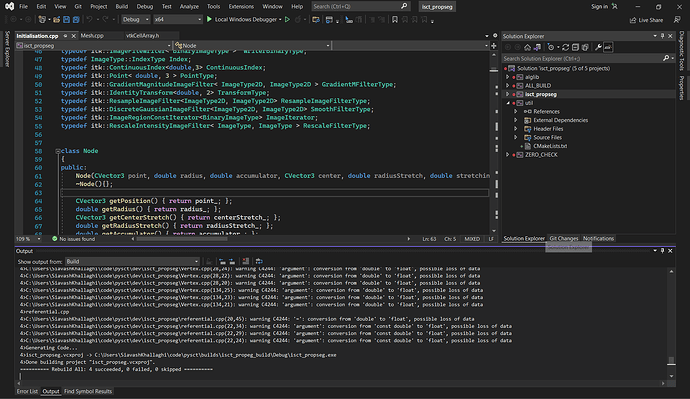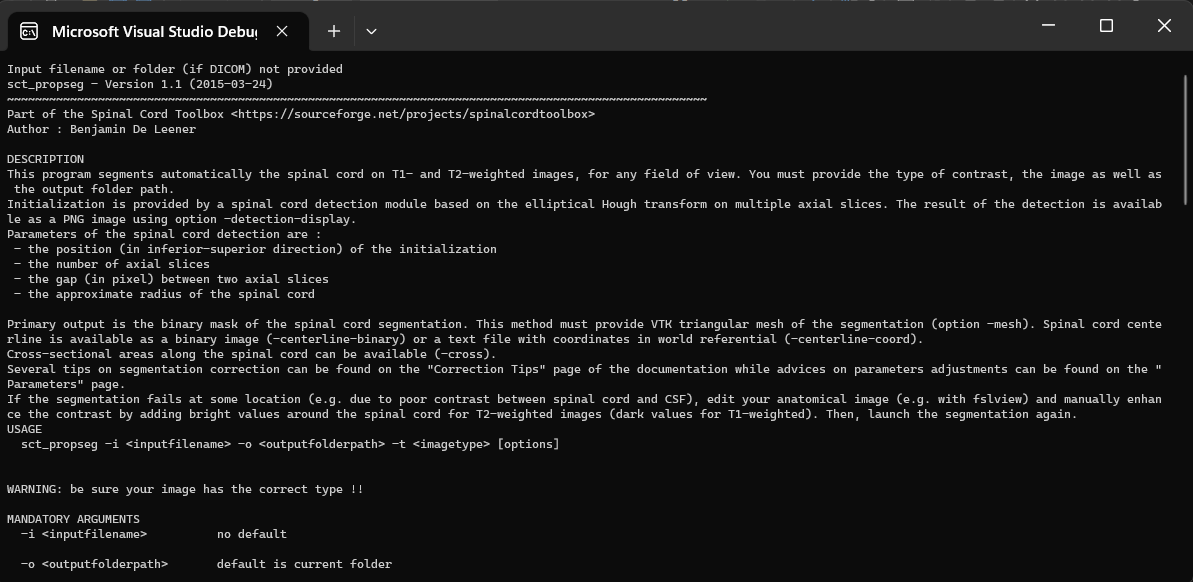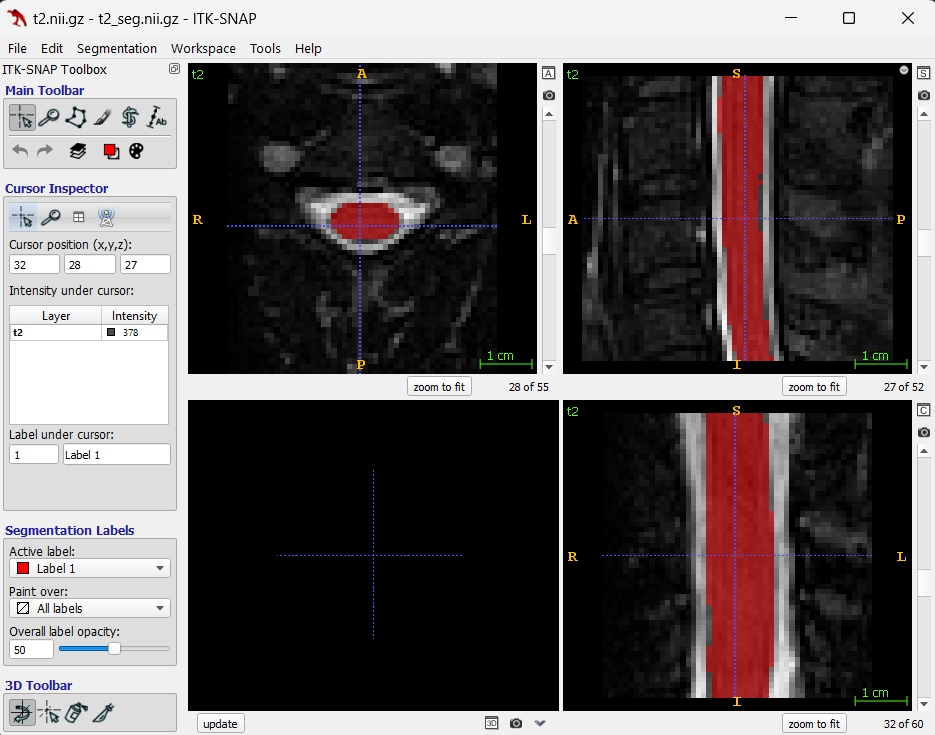Hi @siavashk,
Just as a quick note before I answer: I joined the NeuroPoly team in 2020, and sct_propseg was developed in 2012-2013. So, my initial answer won’t be based on firsthand experience, but I will still try my best to answer. 
I’ve tried building sct_propseg once before, specifically when adding native support for Windows (#3694). And, like you, I also ran into the fact that some header files (e.g. “blas.h”) appear to missing from the Free Edition of ALGLIB. Regrettably, efforts stalled and were put on the backburner at the time.
That said, you’ve given me reason to dig a bit further. I presume we want the source closest to when sct_propseg was developed (March 2012 - August 2013). Looking at ALGLIB’s news archive, that could be anywhere from v3.5.0 to v3.8.0).
Of course, as you’ve probably noticed, ALGLIB seems to have no available download links for past versions. (Why would they do this!! Grr.) That said, I tried manually editing the version number in the current download link: https://www.alglib.net/translator/re/alglib-4.00.0.cpp.gpl.zip. And, luckily, they still work? But only until https://www.alglib.net/translator/re/alglib-3.9.0.cpp.gpl.zip. (No dice for 3.8.0 and below…) And, unfortunately, 3.9.0 does not seem to contain blas.h either.
That said, there is always GitHub! Curiously, I found a copy of 3.4.0 that does not contain blas.h. This suggests sct_propseg possibly relied on an even earlier version (or that blas.h is not included in the free version). Despite this, there are multiple redistributed copies of ALGLIB that do contain blas.h (example). From what I can tell, these copies all seem to contain a copyright of 2005-2007 – This would suggest that a much earlier copy of ALGLIB was used, potentially even pre-3.0.0. In that case, we may actually want the official “Legacy release” of ALGLIB from the very bottom of this page:

v2.6.0 (MPFR) does indeed contain blas.h. So… maybe try that for now, and see how it goes?
Best wishes,
Joshua



